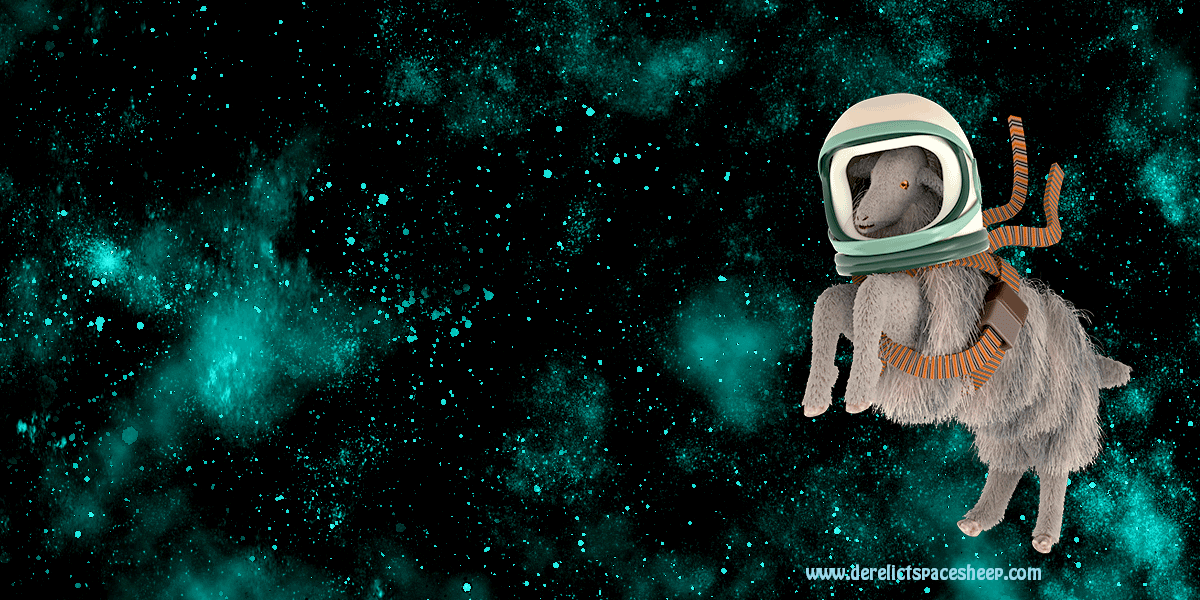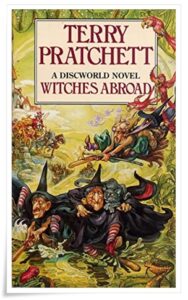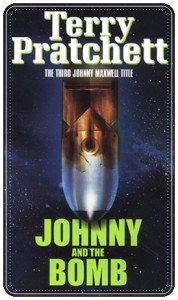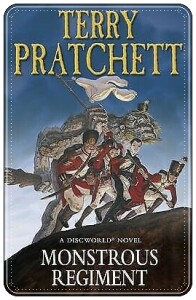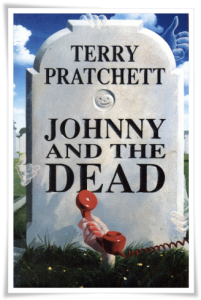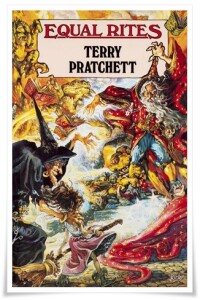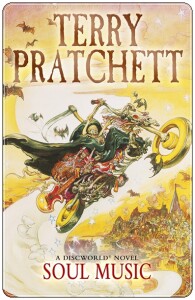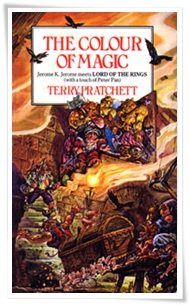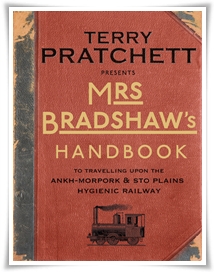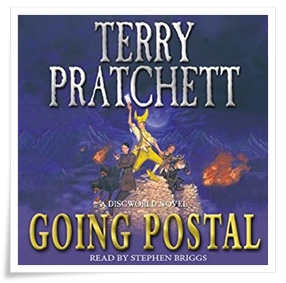The Fifth Elephant
by Terry Pratchett (Doubleday, 1999); audiobook read by Stephen Briggs (Isis, 2000)
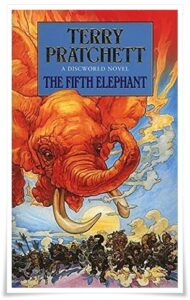
A relatively dour instalment that, uncharacteristically, loses a little upon re-reading. As per many City Watch stories, much rests upon Vimes’s world view (good) and a slow-burning mystery (muddled). The grating Fred Colon subplot serves only to highlight the paucity of humour.
